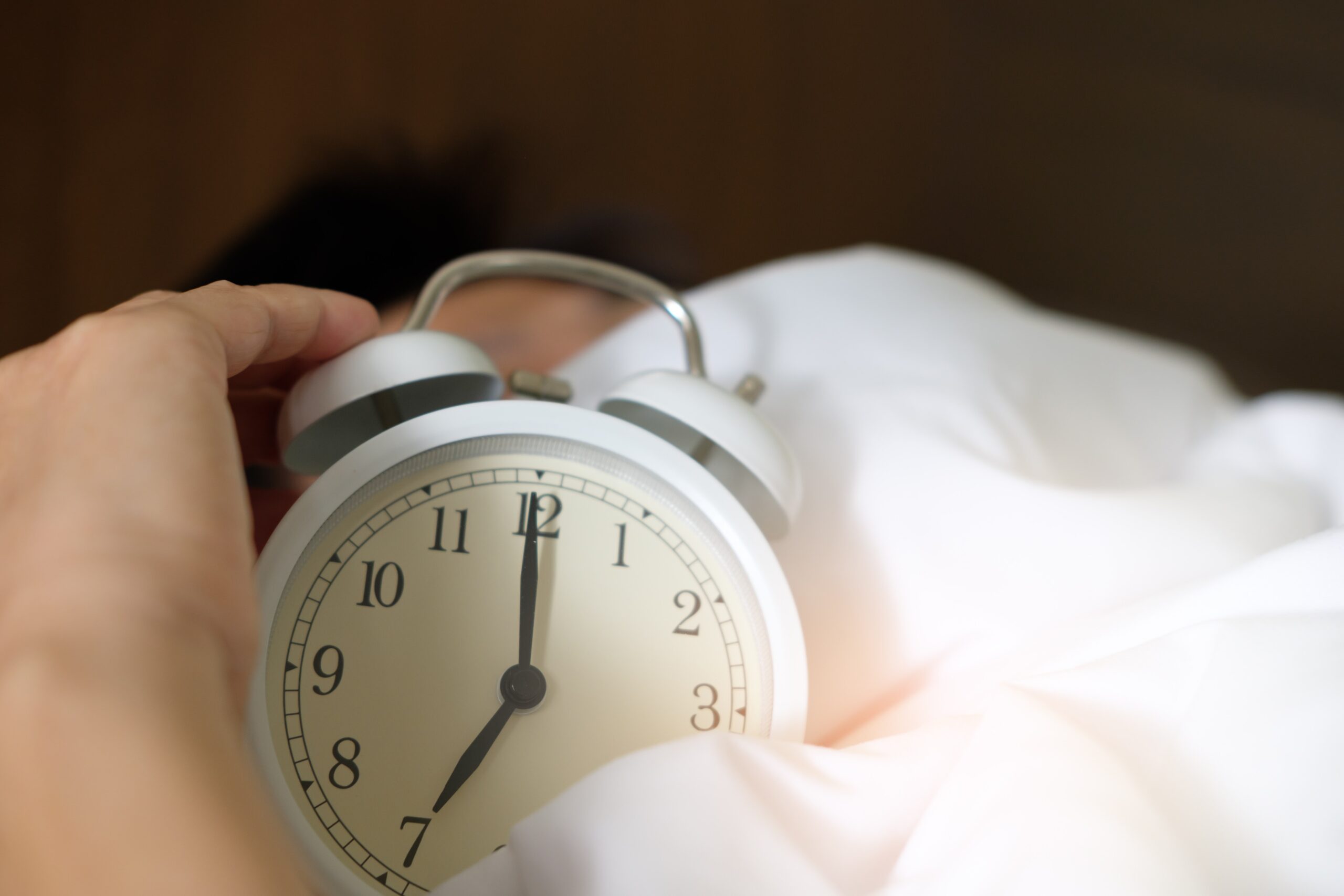A good night’s sleep is just as important as regular exercise and a healthy diet. Research shows that poor sleep has immediate negative effects on your hormones, exercise performance, and brain function. It can also cause weight gain and increase disease risk in both adults and children.
If you have a new year resolution of sleeping well for the next year, the following tips can make it successful:
 Increase bright light exposure during the day: Natural sunlight or bright light during the day helps keep your circadian rhythm healthy. This improves daytime energy, as well as nighttime sleep quality and duration.
Increase bright light exposure during the day: Natural sunlight or bright light during the day helps keep your circadian rhythm healthy. This improves daytime energy, as well as nighttime sleep quality and duration.
 Reduce blue light exposure in the evening: Blue light exposure tricks your brain into thinking it’s still daytime. This reduces hormones like melatonin, which help you relax and get deep sleep.
Reduce blue light exposure in the evening: Blue light exposure tricks your brain into thinking it’s still daytime. This reduces hormones like melatonin, which help you relax and get deep sleep.
 Don’t consume caffeine late in the day: When consumed late in the day, caffeine stimulates your nervous system and may stop your body from naturally relaxing at night. Consuming caffeine up to 6 hours before bed significantly worsened sleep quality.
Don’t consume caffeine late in the day: When consumed late in the day, caffeine stimulates your nervous system and may stop your body from naturally relaxing at night. Consuming caffeine up to 6 hours before bed significantly worsened sleep quality.
 Reduce irregular or long daytime naps: While short power naps are beneficial, long or irregular napping during the day can negatively affect your sleep. Sleeping in the daytime can confuse your internal clock, meaning that you may struggle to sleep at night.
Reduce irregular or long daytime naps: While short power naps are beneficial, long or irregular napping during the day can negatively affect your sleep. Sleeping in the daytime can confuse your internal clock, meaning that you may struggle to sleep at night.
 Try to sleep and wake at consistent times: Your body’s circadian rhythm functions on a set loop, aligning itself with sunrise and sunset. Being consistent with your sleep and waking times can aid long-term sleep quality.
Try to sleep and wake at consistent times: Your body’s circadian rhythm functions on a set loop, aligning itself with sunrise and sunset. Being consistent with your sleep and waking times can aid long-term sleep quality.
 Optimize your bedroom environment: The bedroom environment and its setup are key factors in getting a good night’s sleep. These factors include temperature, noise, external lights, and furniture arrangement. Make sure your bedroom is a quiet, relaxing, clean, and enjoyable place.
Optimize your bedroom environment: The bedroom environment and its setup are key factors in getting a good night’s sleep. These factors include temperature, noise, external lights, and furniture arrangement. Make sure your bedroom is a quiet, relaxing, clean, and enjoyable place.







